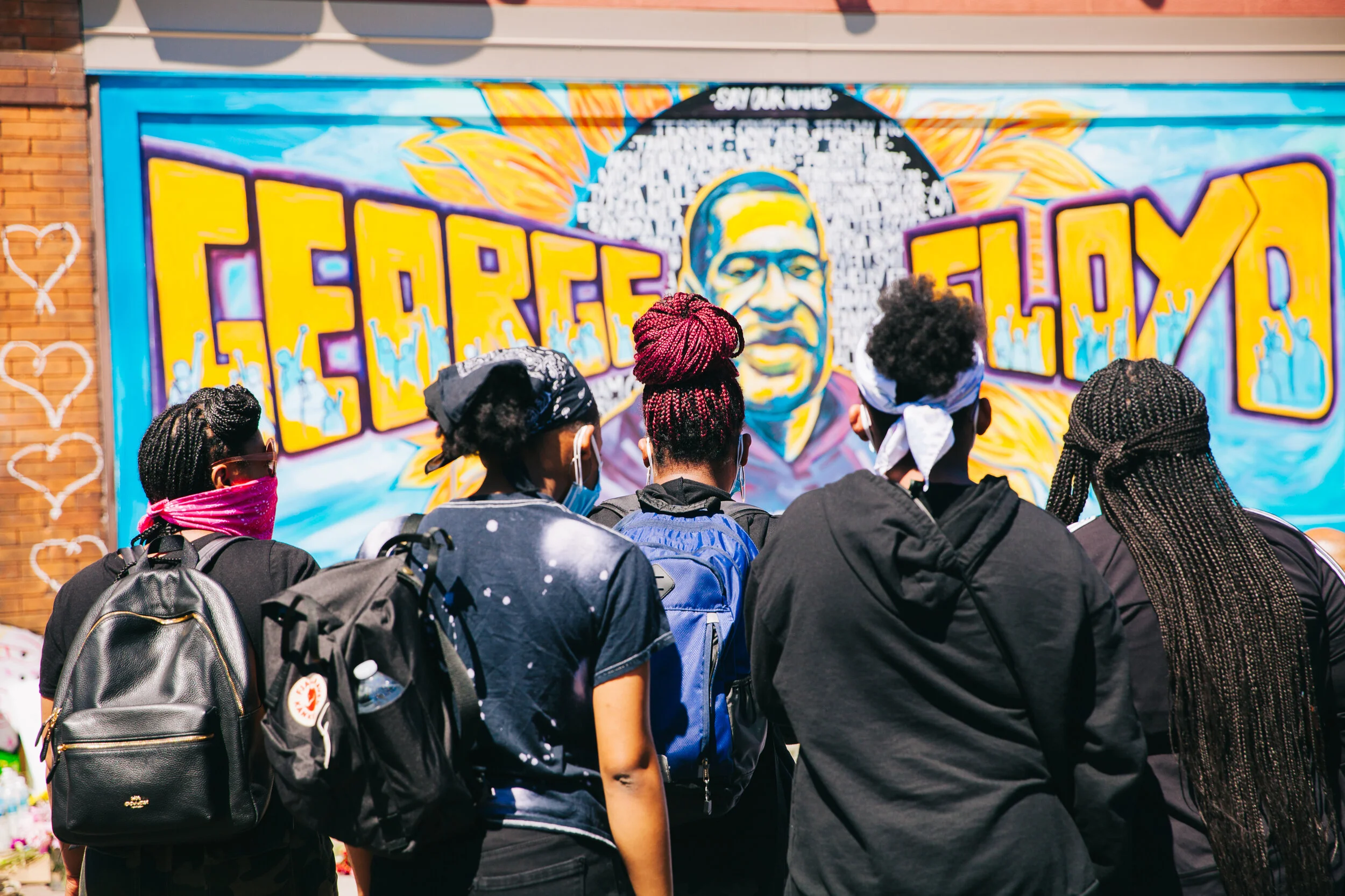A Now Familiar Story: Immigrant Roots, Activist Giving
/Over 20 years ago, when immigrants faced harsh policies enacted by a Republican Congress led by Newt Gingrich, the Hungarian-born financier George Soros made his largest grant ever in the United States, creating a $50 million fund to help immigrants become citizens.
Soros said at the time, "As an immigrant to the United States and a naturalized American citizen, I have deep sympathy for those who come to this country in search of a better life. Therefore, I am appalled by Congress' recent action to deny vital public assistance to noncitizens who are lawfully resident in this country."
Sound familiar?
While today's wave of xenophobia is different from that of the 1990s—when, among other things, the House of Representatives passed a bill that made English the official U.S. language—Trump's policies have also triggered some serious pushback from private funders, including some with immigrant roots.
After the administration's travel ban was first enacted in January, Google's billionaire co-founder Sergey Brin—born in Russia—was among the protesters flooding airports. Just days later, Google announced it was donating $4 million to help those affected by the travel ban. Other tech leaders, including Instacart founder and CEO Apoorva Mehta (born India), also gave money to fight Trump's immigration policies. Meanwhile, as we've been reporting, eBay founder Pierre Omidyar—born in Paris to an Iranian family—has emerged as a leading philanthropist make gifts challenging Trumpism.
Recently, too, we wrote about how Florida businessman Mike Fernandez—whose family fled Cuba—has been so angered by Trump's anti-immigrant policies that he recently put up $1 million to start the Immigration Partnership and Coalition Fund (IMPAC), which he hopes will become a fundraising nexus in the fight to protect undocumented immigrants. Fernandez, who's a Republican, has promised to give millions more to protect immigrants.
Related: This Top Republican Donor Wants to Protect Immigrants From Trump
The Levi Strauss Foundation (LSF) is another funder with an eye on protecting immigrants and other marginalized communities—and it, too, has a relevant back story.
Operating since 1952, the apparel company’s foundation has long embraced a liberal social vision that stresses Americans’ “pioneering spirit,” including that of immigrants to this country. According to LSF executive director Daniel Lee, “Discrimination and stigma are anathema to our core values. This belief comes from our founder Levi Strauss—who was an immigrant himself—and still rings true today.”
The foundation has a long history of giving to advance social justice and civil liberties. Following last year’s election, LSF identified several rapid-response funding priorities including education and rights for immigrants, refugees and transgender people. In its latest move, LSF pledged $1 million, with the majority of this funding going for work on the immigration front, providing direct legal support or services like “know your rights” training. Beneficiaries include organizations like United We Dream, the National Domestic Workers Alliance, Restaurant Opportunities Centers United, and Define American.
Other national recipients are the Transgender Law Center and Live Free, both focused on protecting marginalized communities of varying stripes. In most of these projects, there is intersectionality with other at-risk populations like low-income women and Muslim Americans.
The Levi Strauss Foundation is based in San Francisco, and in the 1980s, it led the way among corporate donors in the fight against HIV/AIDS, a funding priority that continues to this day. This set of grants included support for Bay Area legal rights groups supporting immigrants and Muslims.
There’s a natural affinity between immigrant rights and workers’ rights, especially in places where immigrants and their families comprise a good chunk of the working class. Perhaps uncharacteristically for a corporate funder, LSF has backed labor-related organizations for some time now. It’s also a major factor in the asset building movement, dedicating repeated grants to the Corporation for Enterprise Development (CFED), PolicyLink, and Bay Area asset builders like the Mission Asset Fund and the San Francisco Community Land Trust.
While LSF is an arm of Levi Strauss and Co., the funder’s proclivity for civil liberties and helping marginalized communities carries over to the people Levi’s jeans have enriched over the years. For example, CFED founder and asset building doyen Bob Friedman is a scion of the Strauss family and a frequent funder in his own right. Both of the Haas funds are prominent in Bay Area economic philanthropy, among other areas, and that wealth also comes from Levi Strauss. Another Bay Area funder, the Lisa and Douglas Goldman Fund, stems from the fortune of Levi Strauss’s heirs and gives frequently for civil liberties and rights.
Amid the flurry of grants we’re seeing to safeguard immigrants and vulnerable Americans (see our coverage of the “Trump Effect”), this Levi Strauss pledge is a notable entry from the corporate side of things.
Related:







































